TV’s most unlikable family is back in Yellowstone Season 5 Part 2, so we’ve consulted a professional to discuss all the ways the Duttons need help. (Warning: spoilers ahead!)
The Roys. The Sopranos. The Ewings. Most TV families are bad enough that they’ll leave you feeling grateful for your own, but the Duttons really put a new spin on the word “dysfunctional.”
Analyzing why this morally corrupt family is the way it is isn’t an easy task. (There’s a family tree that stretches back over a century, after all.) So, we’ve consulted a professional therapist to make it a little easier to pick apart the minds of those dastardly Duttons.
So, from Beth’s overt rage to the long-term consequences of Kayce’s inner battle, let’s examine these ranchers.
Beth Dutton: The meanest woman in Montana
Of all the Dutton children, the one most known for their raw rage is Beth, the only daughter. Throughout her childhood, Beth was raised by her mother to become a strong-willed woman aware of the harsh world around her. When Evelyn eventually died after being crushed by her own horse, her last words were accusing Beth of causing the accident. (Yikes.)
As a result, Beth is a merciless adult with deep-rooted anger issues. Clearly, something went wrong.
Janet Bayramyan, LCSW, a certified EMDR trauma therapist and owner of Road to Wellness Therapy, had some thoughts on how Beth can start recovering from her turbulent relationship with her mother later in life.
 Paramount
Paramount“Beth could work on understanding that her mother’s harshness was less a reflection of her worth and more about Evelyn’s own fears and unresolved issues,” she explained. “Recognizing this would help her detach from self-blame.”
It’s no secret that many members of the Dutton family would benefit from the best therapy money could buy. When it comes to Beth specifically, Bayramyan had a few ideas of where she could start.
She cited trauma-informed approaches as a suggestion, including Eye Movement Desensitization and Reprocessing (EMDR) or Somatic Experiencing therapy.
“Incorporating practices like mindfulness or self-compassion exercises could help Beth develop a kinder inner voice, counteracting the critical lens instilled by her upbringing,” she said.
“Beth could work on reframing her memories of her mother, focusing on understanding Evelyn’s intentions (even if flawed) without excusing the harm caused. This could help her find peace with her mother’s actions.”
“Evelyn Dutton’s harsh treatment was rooted in a belief that the world would be cruel, and Beth needed to be ‘toughened up.’ However, her methods likely did more harm than good.”
So, are Beth’s sharp-tongued insults and extremely violent responses to the world normal? Put simply: yes.
“Beth’s anger and violent responses to her emotions can be understood as a normal – albeit maladaptive – reaction for someone with her traumatic childhood experiences,” Bayramyan said. “When people grow up in environments characterized by harshness, emotional neglect, or critical parenting, they often develop certain survival mechanisms to protect themselves.
“Trauma can activate the ‘fight, flight, freeze, or fawn’ responses. For Beth, her anger represents the ‘fight’ response – a way of regaining control and asserting power in situations where she might otherwise feel powerless. Evelyn’s harsh treatment likely taught Beth that showing vulnerability was a weakness.
“In turn, Beth may use anger as a protective shield to mask emotions like sadness, fear, or shame, which she might perceive as dangerous or unacceptable.”
Jamie Dutton’s sad life story
While Beth is the fiercest of the Dutton brood, it’s Jamie who is the true black sheep of the family. Growing up, Jamie wanted to be a cowboy like the rest of them. But it was John Dutton who forced him into law school, deeming that a lawyer would be more useful to him.
As such, Jamie lived a life he never chose for himself. In Season 3, he shockingly discovers that he’s really adopted. His birth father killed his birth mother when he was an infant, and the Duttons took him in and raised him as his own. From then on, Jamie’s relationship with the Duttons was one of hatred.
 Paramount
ParamountJamie is someone to be pitied, whose actions are understandable because of how he’s spent his whole life being treated – like an outsider. According to Bayramyan, his vicious response to finding out about his adoption is actually “reasonable.”
“Jamie Dutton’s response – vengeance, rebellion, and a desire to assert independence – is a reasonable and common reaction for someone grappling with identity issues and years of emotional manipulation,” she explained.
“Jamie’s entire sense of self was built on a foundation of loyalty to the Dutton family, and discovering his adoption shattered his identity, leaving him adrift.
“John Dutton is domineering and emotionally unavailable,” she said. “It’s unlikely he would have responded to Jamie’s concerns with the empathy or validation Jamie needed.”
 Paramount
ParamountOf course, Jamie let his emotions rip in front of his new girlfriend, Sarah Atwood, and now John is dead.
Jamie’s regret and grief is evident in the newest episode, and it ultimately means he won’t get any closure when it comes to his traumatic dealings with his adopted father. Instead of going on the attack against the Duttons, Jamie might have found peace by simply letting go.
“Leaving the family without seeking vengeance might have been a healthier choice for Jamie, allowing him to focus on building a new life rather than being consumed by anger,” Bayramyan concluded.
Beth and Jamie: The sinister siblings
John vs. real estate moguls? Nope, the most difficult relationship in Yellowstone is between Beth and Jamie Dutton, the two warring siblings whose entire existence seems to revolve around hating each other.
Their adult lives are filled with venom and hate, with Beth making it her life’s mission to destroy Jamie emotionally and physically after he agreed to her getting sterilized as a teenager without her consent.
“The sibling relationship between Jamie and Beth in Yellowstone is undeniably toxic, shaped by layers of trauma, resentment, and betrayal,” Bayramyan described.
 Paramount
Paramount“Both characters are deeply flawed, and their mutual antagonism is fueled by the unresolved pain of a devastating childhood event that permanently altered their dynamic.”
As Beth’s antagonism towards Jamie escalates throughout the seasons, the question that remains is: is she going too far? Is her torture of Jamie ethical, when it’s coming as a result of what happened when they were kids?
As far as Bayramyan is concerned, Beth’s resulting attitude toward her adopted brother is understandable at the very least.
“Beth’s relentless torment of Jamie stems from the immense pain and betrayal she felt after he made a life-altering decision on her behalf – having her sterilized without her informed consent. Her anger is understandable, as Jamie’s actions stripped her of agency in one of the most profound ways imaginable,” she explained.
Kayce Dutton, Yellowstone’s golden boy
There’s not a huge amount to unpack with Kayce. His troubled relationship with his father is one he almost managed to remove himself from entirely, until he was dragged back into the Dutton fold in Season 1.
His priorities are his wife and son, Monica and Tate. Aside from a few instances of near-misses involving the safety of his family, Kayce’s remained pretty headstrong. However, his biggest struggle comes from being torn between the Duttons and himself.
 Paramount
ParamountShould he honor his family and dedicate himself to the ranch? Or should he leave the others behind to start a new life with Monica and Tate?
Either way, Bayramyan agrees that Kayce’s difficult choice will likely have “highly damaging” and “serious long-term consequences” for himself. In other words, it’ll be difficult for him to get that happy ending.
“This internal conflict highlights the destructive nature of family enmeshment and unaddressed trauma,” she said.
“The Duttons operate within a high-stakes, manipulative, and loyalty-driven system where family obligations supersede personal needs. This makes it nearly impossible for Kayce to fully disentangle himself without severe consequences.”
What’s the solution?
As of Yellowstone Season 5 Episode 9, John Dutton is no more. His murder (staged as a suicide) means there won’t ever be a way for his poor children to work through their issues, let alone confront him about why he made them that way.
But if John was still alive, there would be one glimmer of hope for this family. Really, the answer is rather simple: therapy for every Dutton from here to 1883.
 Paramount
Paramount“Family therapy could help the Duttons unpack their longstanding patterns of manipulation, loyalty struggles, and miscommunication,” Bayramyan explained.
Ultimately, therapy would have allowed the Duttons as a family to confront issues such as John’s obsession with legacy, Beth’s unresolved anger, Jamie’s feelings of inadequacy, and Kayce’s struggle to balance his life.
Still, there was always the possibility of a catch.
“John’s strong personality and unwillingness to admit fault could create barriers to effective therapy,” Bayramyan said ahead of Part 2’s premiere. “He may view therapy as a weakness or as an attack on his leadership.”
So, what lessons can Yellowstone fans (and the Duttons) take from their struggles so far? For Bayramyan, it’s very clear.
“Treat your children as individuals with their own dreams, fears, and needs, rather than extensions of your legacy,” she said. “A legacy without meaningful relationships may not be as fulfilling as you believe.”
For more Dutton history, check out our list of Yellowstone’s most emotional episodes. You can also revisit some of the best Yellowstone episodes, and discover the full Season 5 Part 2 schedule.
 1 week ago
3
1 week ago
3
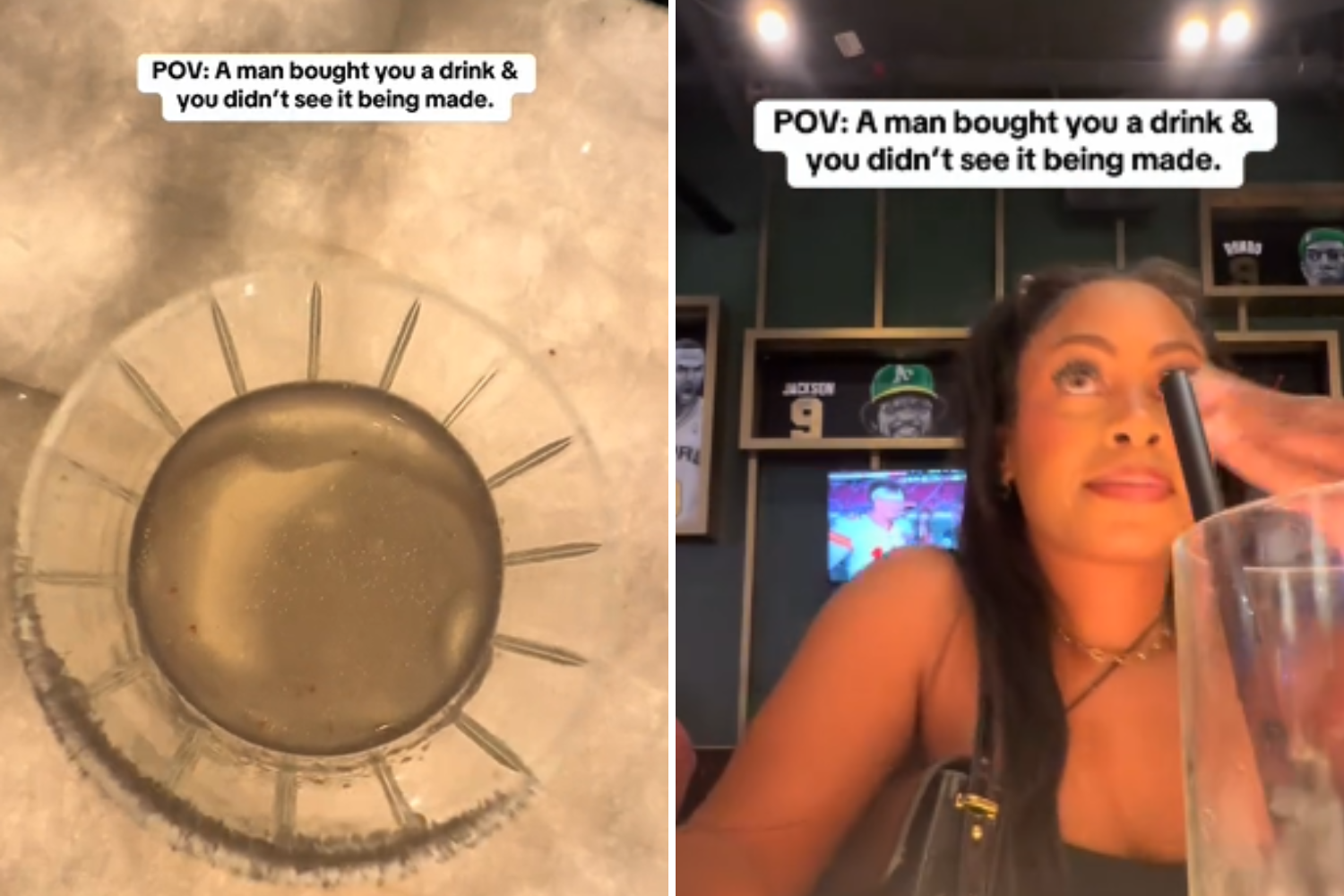



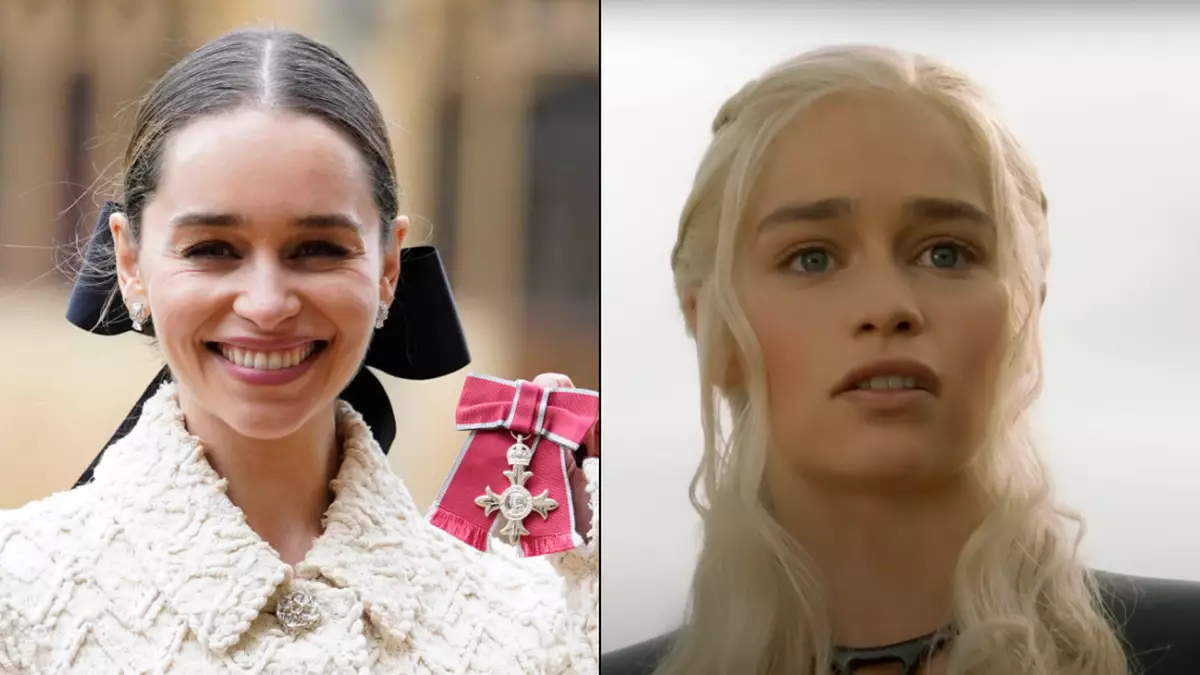
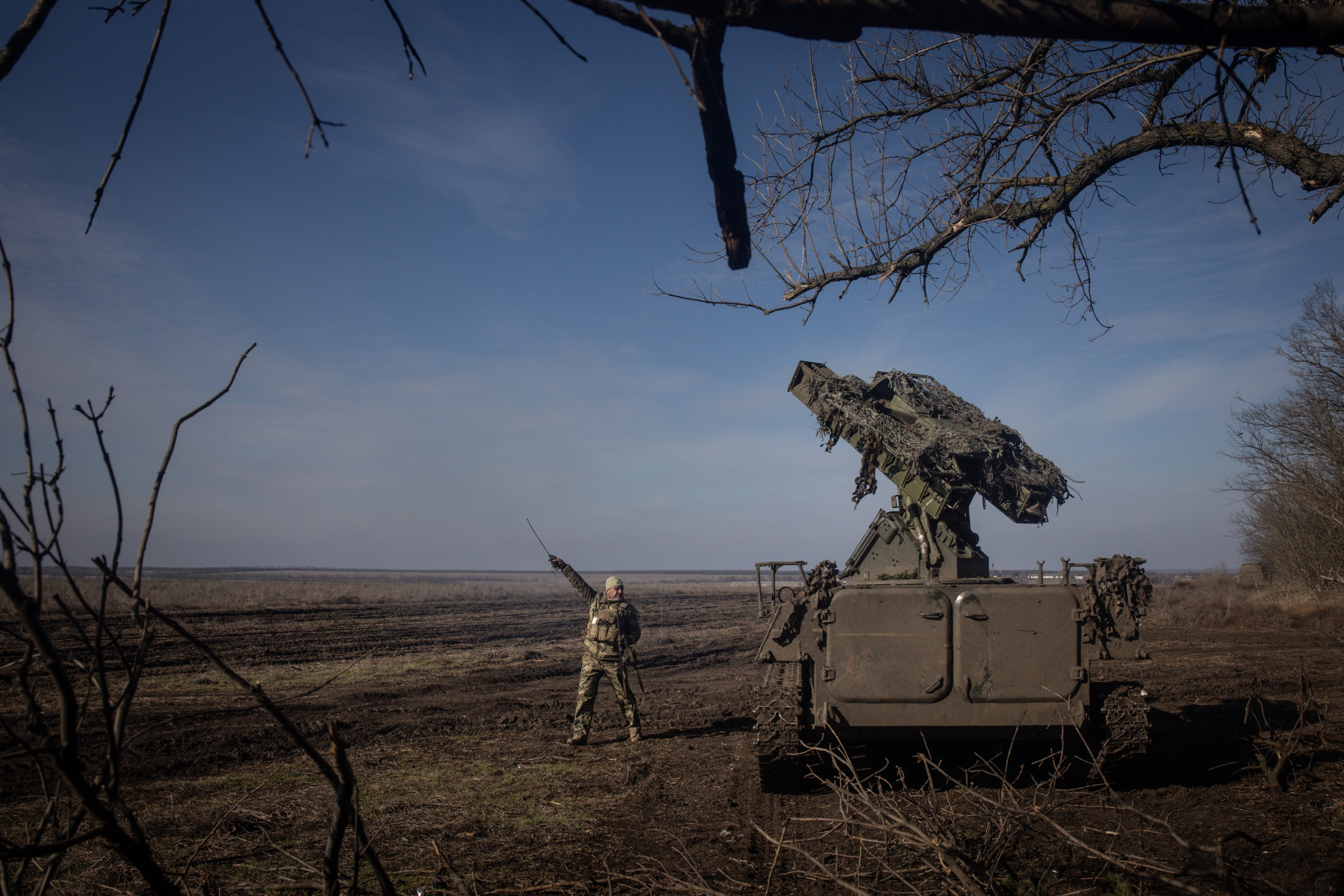
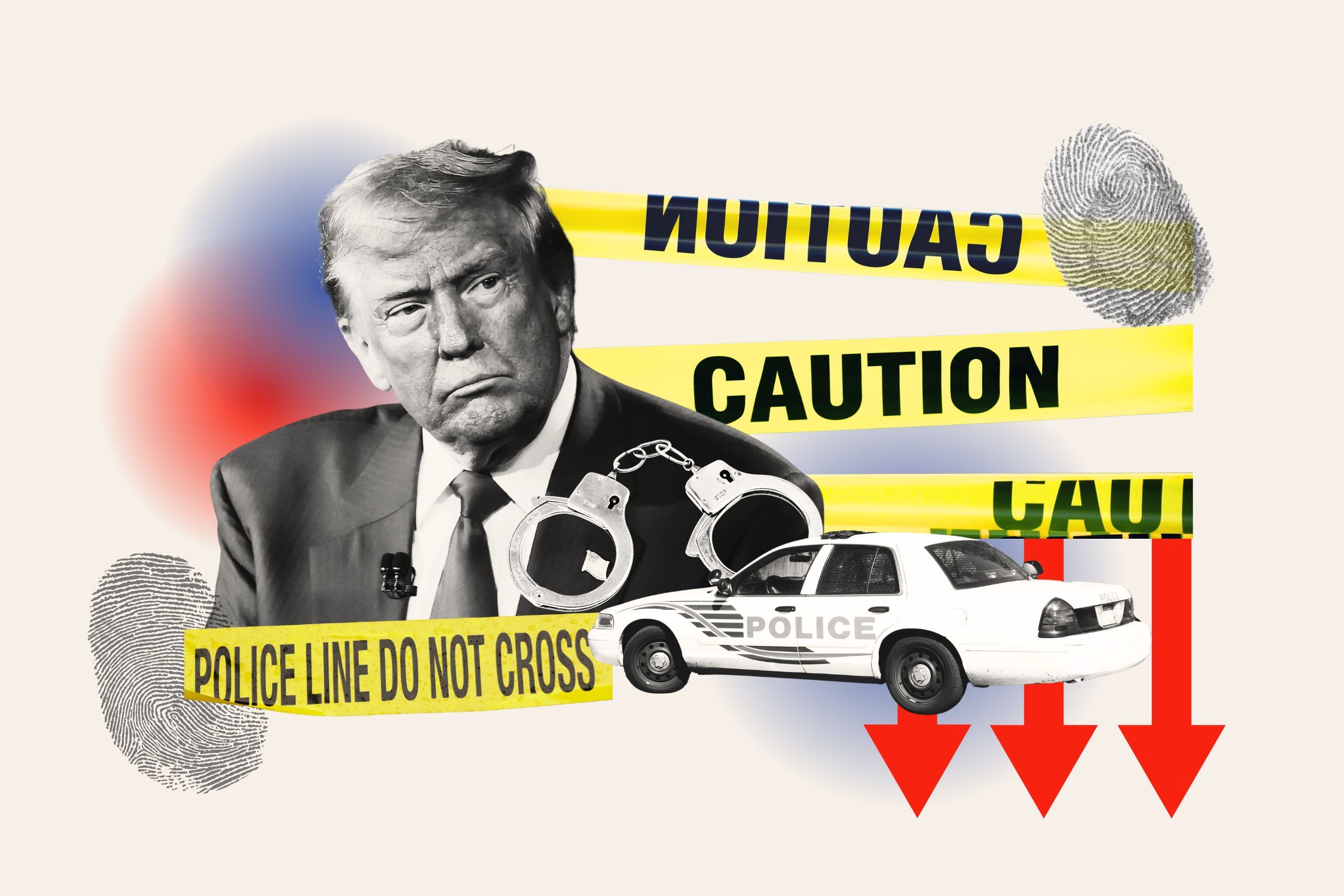
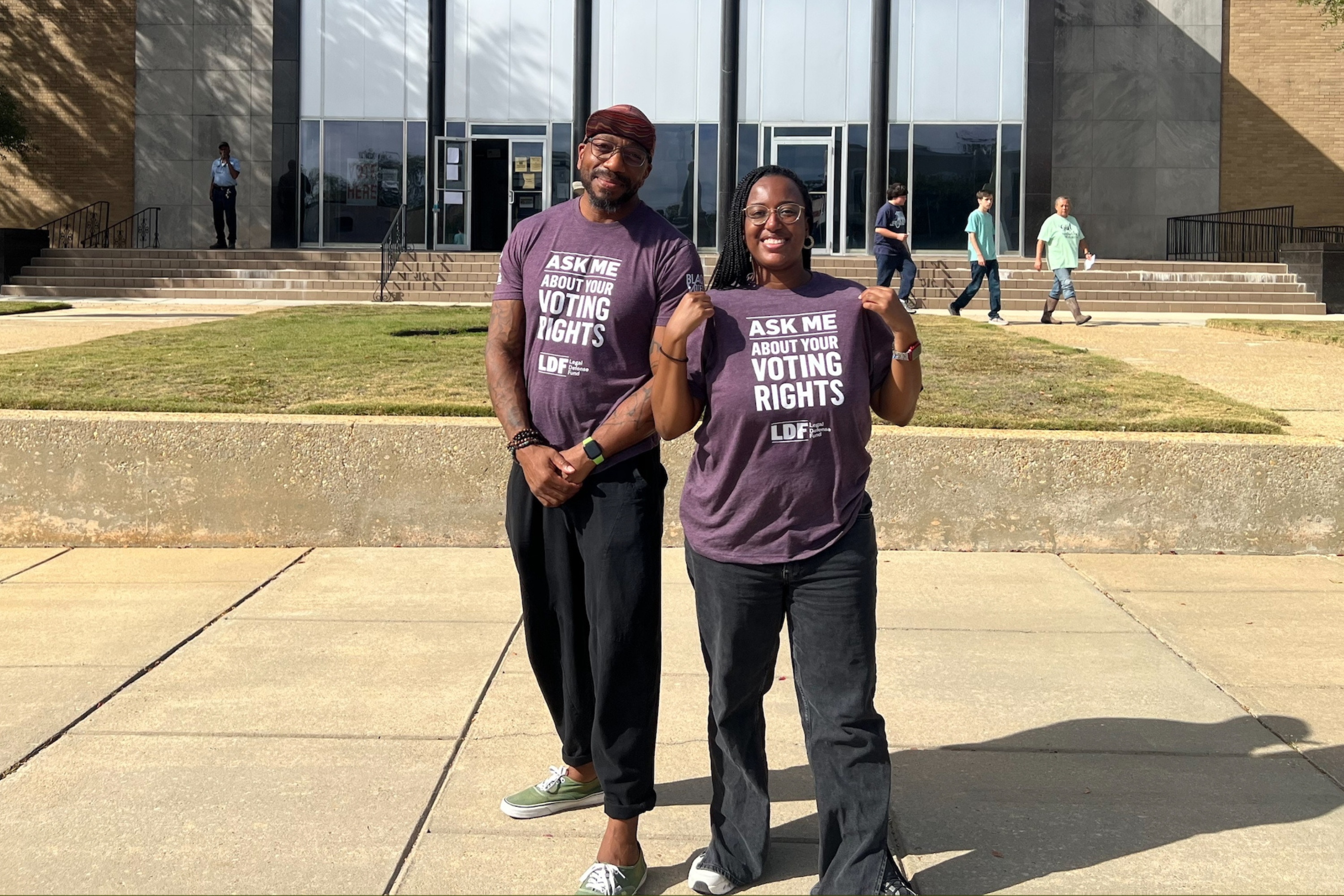


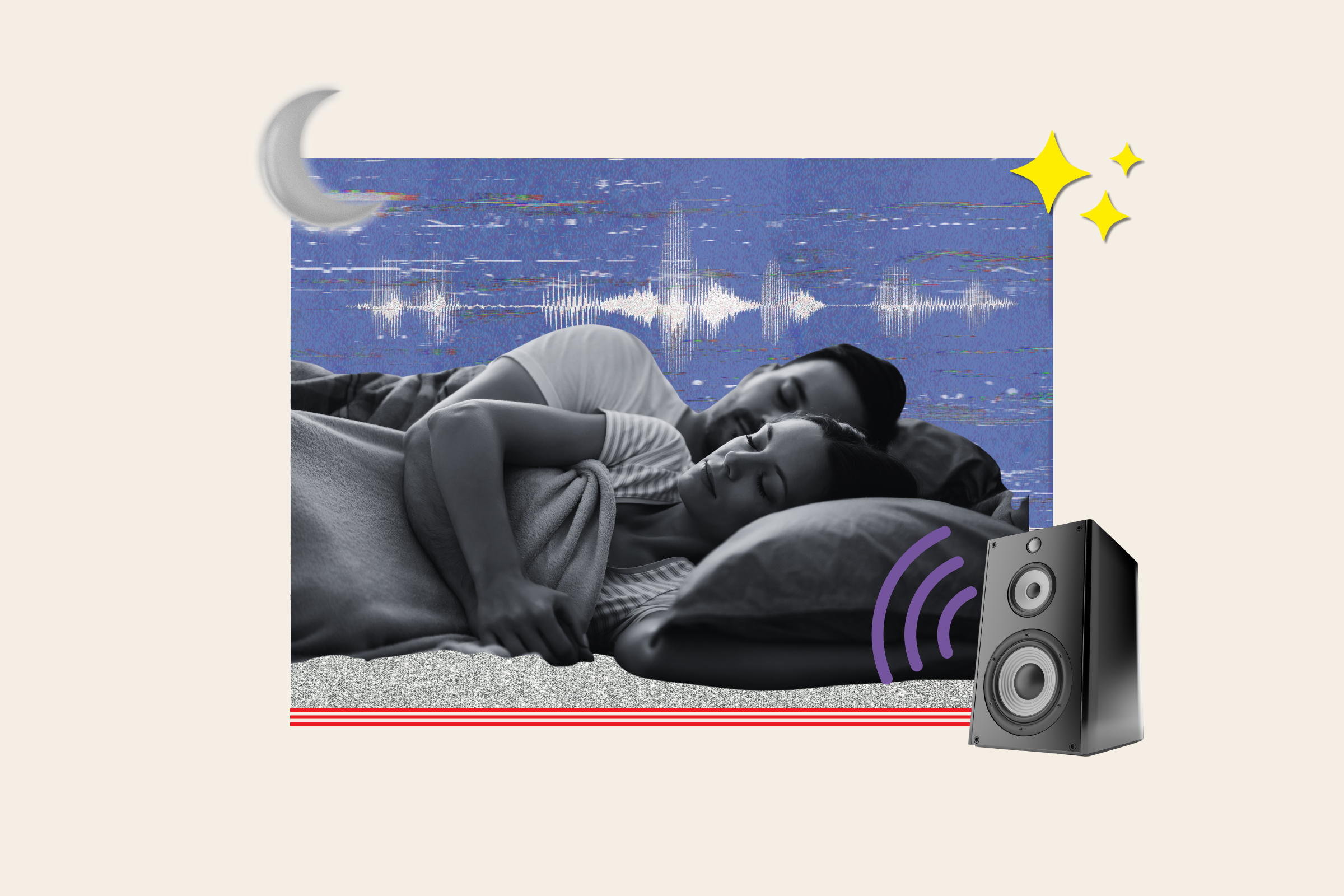
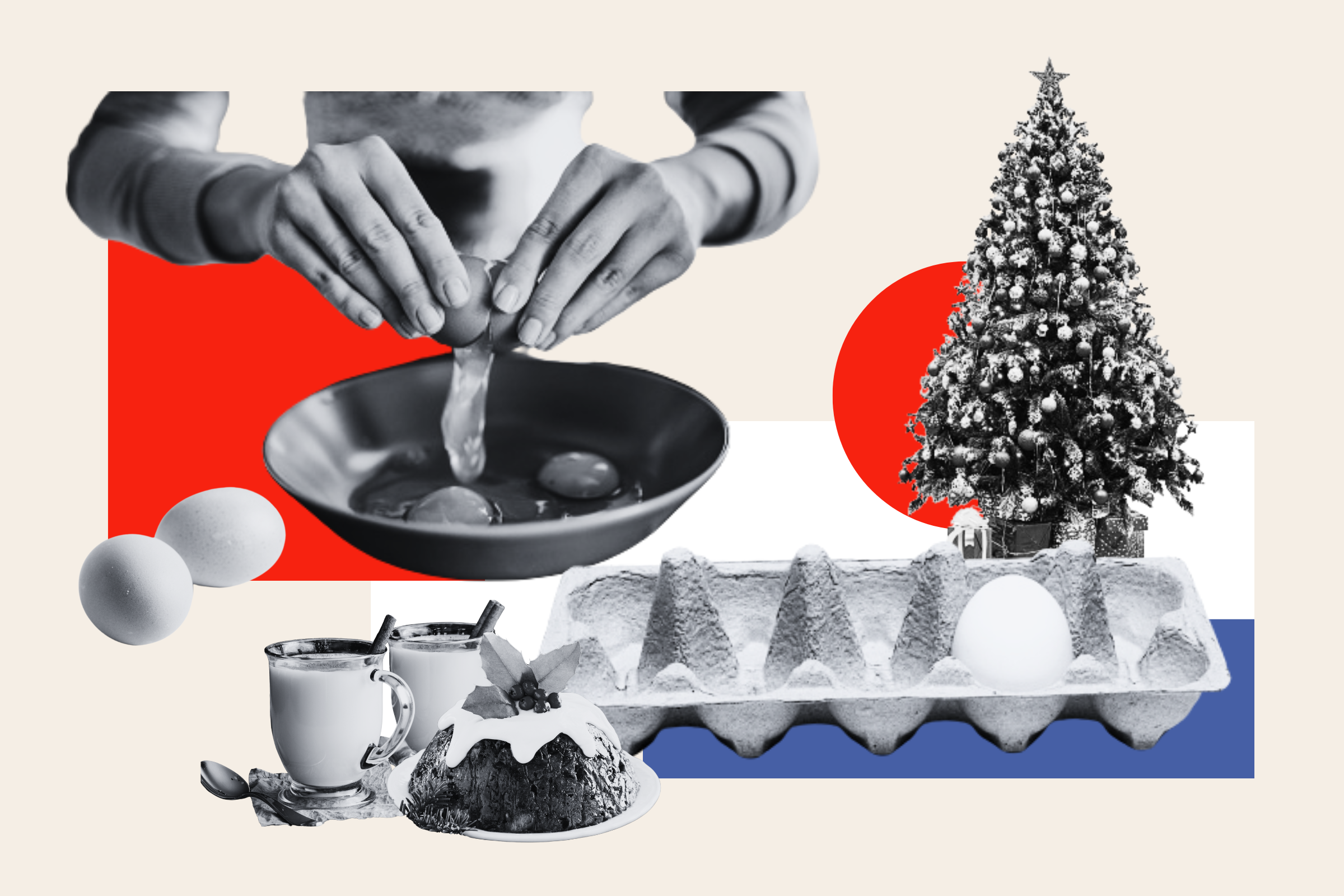








 English (US) ·
English (US) ·